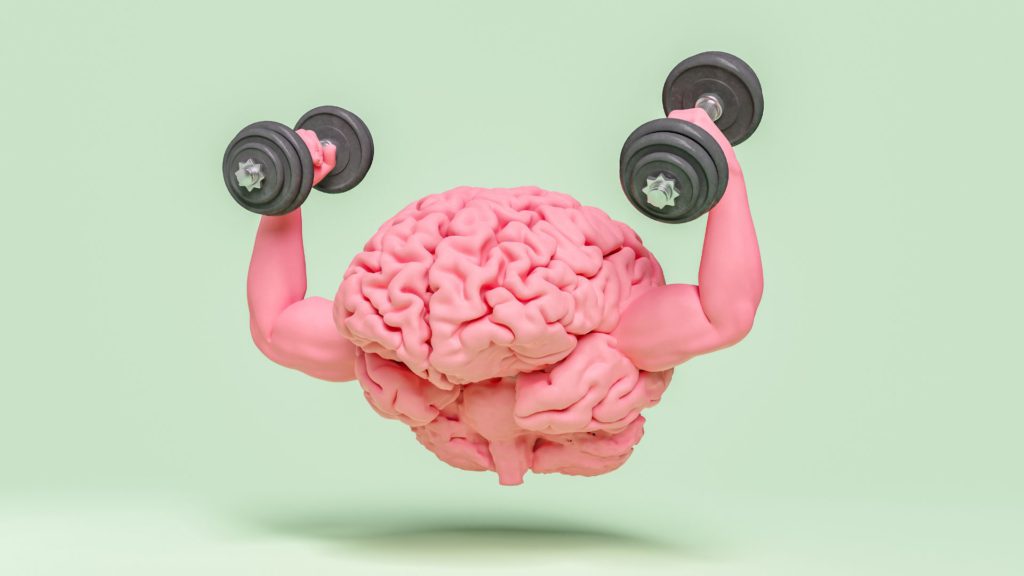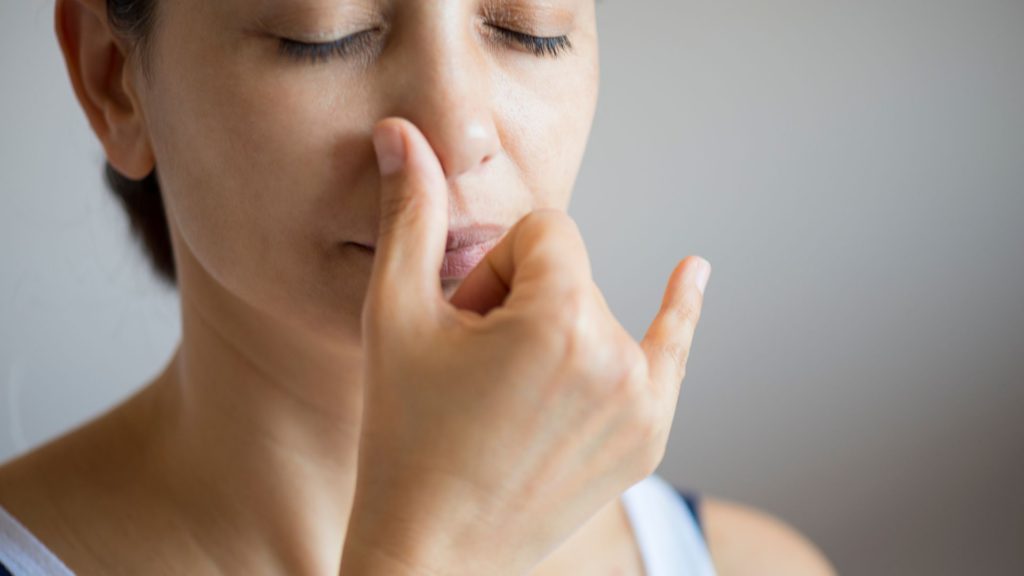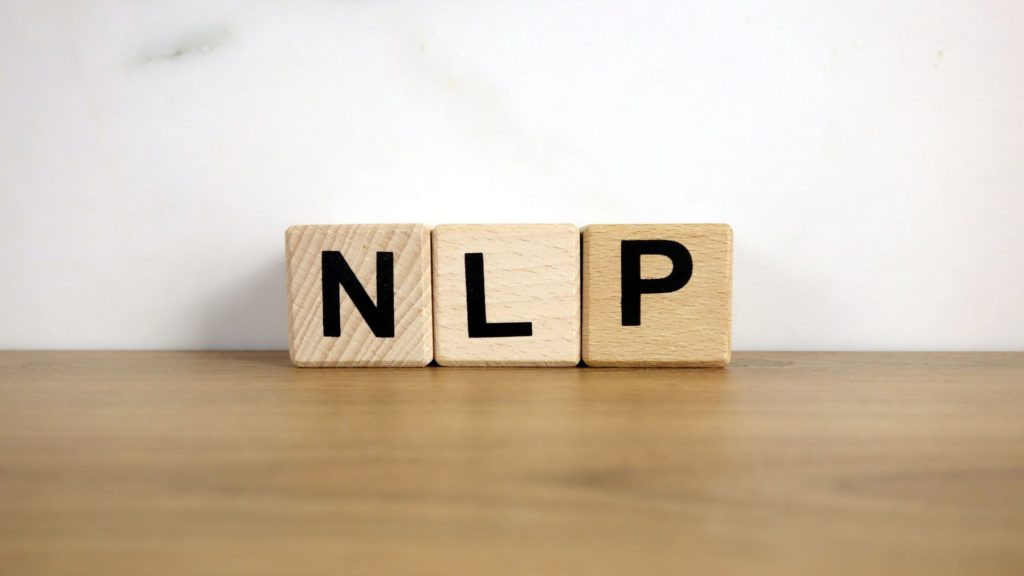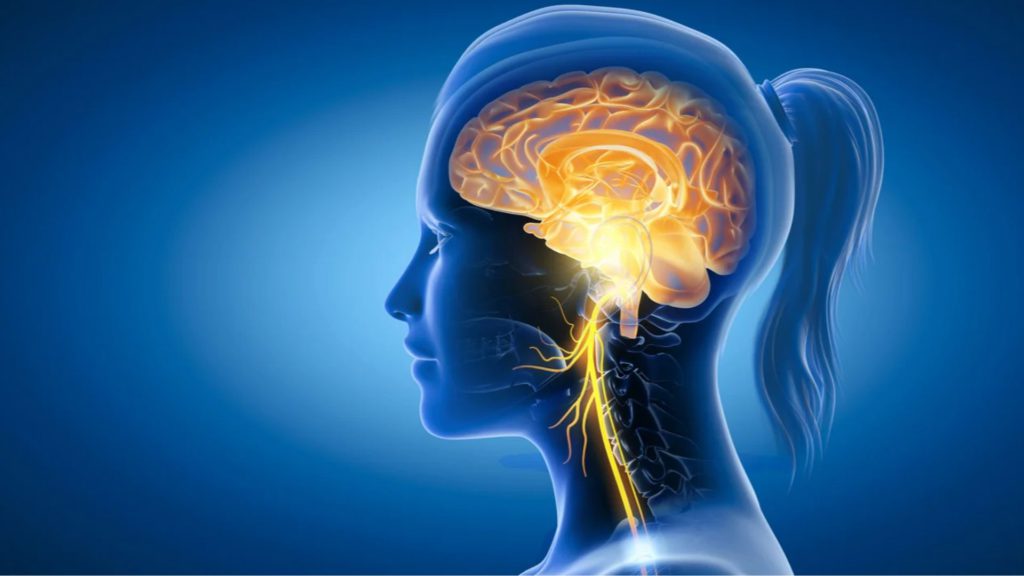
How to Address Stress Without Medicating
Written by Houry Pappin
Stress is a common occurrence that affects everyone at some point, whether due to relationship struggles, work-related difficulties, or the loss of a loved one. While most people do not take it seriously until it becomes overwhelming, there is a point where it becomes too much.
When symptoms like frequent headaches, chest pain or tension, digestive issues, muscle tension or cramps, high blood pressure and heart rate, reproductive issues, and chronic fatigue occur, it may indicate that stress levels are too high. These symptoms can be misdiagnosed for other illnesses by doctors as they only look at the body chemically instead of holistically, and hence treat only the symptoms. Chronic stress can result in an increased risk of heart-related issues, suppression of immune function, and even cancer in some cases.
Taking care of your nervous system is crucial in reducing stress and building resilience. Here are a few simple, natural, holistic ways:

Brain Gym
Brain Gym are movements, done with intention and designed to stimulate brain function. Its focus is improved learning and mental organisation. These are simple exercises that anyone can do at home or at work designed to strengthen the relationship between body and mind (left and right hemispheres) and so are particularly interesting in this time when so many of our activities are cerebral.

Breathing
Deep Breathing is an easy relaxation technique that can be used to reduce acute stress. It works by shifting one’s breathing to a modulated, slow, relaxed pattern of not overly deep inhales and exhales in order to quiet the sympathetic nervous system and reduce feelings of stress or anxiety.

Emotional Freedom Technique (EFT)
EFT is a self-help technique to overcome depression, anxiety, stress and negative emotions by tapping on certain “energy meridians” located around the body. The theory is put forward by Gary Craig in the year 1990, where he defines EFT as an effective combination of mind-body medicine and acupressure technique.

NeuroLinguistic Programming (NLP)
NLP, is a discipline developed to quick-fix life’s problems by “reprogramming” one’s brain. NLP explores the relationships between how we think (neuro), how we communicate (linguistic) and our patterns of behaviour and emotions (programmes). The idea is that, by studying these relationships, people can adopt more successful ways of thinking, communicating, feeling and behaving in order to control stress and more.

Massage & Acupressure
You don’t need a professional massage to find stress relief through touch although it is also beneficial.
Giving someone else a massage stimulates the same pressure receptors in the fingers you activate when you receive touch. Getting or giving a hug or massage or petting a beloved dog or cat can be calming for the same reasons.

Vagus Nerve Stimulation
The vagus nerve is sometimes called the body’s information superhighway because it acts as a bridge connecting the brain to the inner organs. This bridge runs in two directions: the vagus tunes into organ function and transmits this information to the brain. But it also sends data from the brain to control organ function, affecting heart rate, breathing, reflexes like swallowing or sneezing, and other automatic processes.
By stimulating the parasympathetic nervous system, vagus nerve stimulation slows the heart and breathing rate, relaxes the muscles, and more. Through these physiological changes, vagus nerve exercises jumpstart a cascade of events that tell the body that it’s safe to enter a state of rejuvenation and recovery.
Many of the vagus nerve fibers connect directly to the heart, making heart rate variability (HRV) one of the most reliable ways to understand how well the vagus nerve is working (vagal tone). In this way, HRV also indicates whether your nervous system is balanced.
A healthy heart doesn’t beat at a consistent rate. Instead, it changes depending on the moment-to-moment demands on the body. HRV is a measure of the time intervals between heartbeats, measured in milliseconds.

Diet
Diet also plays a role in stress, and it’s recommended to focus on fresh, whole foods and avoid processed foods and those high in sugar. Certain foods like salmon, eggs, leafy greens, beans, and avocado can be especially helpful for stress reduction. Vitamin D is highly beneficial too.
Caffeine and alcohol can also increase stress levels, so it’s best to reduce or remove them from our diet.
There’s a kinesiology tool which lets your body decide which foods are good for you or not since everyone’s dietary needs are different. But it’s clear that diet impacts everything in our body including stress, and that whole foods are always a good idea.
Finally, it’s important to make things easier on ourselves if we experience symptoms of chronic stress. This can include asking for help and taking unnecessary tasks off our plate.
Managing stress is essential not only for your well-being but also for your loved ones. Taking preventive measures as soon as you notice stress is crucial to avoid illness and build a stronger, healthier nervous system.




No Comments